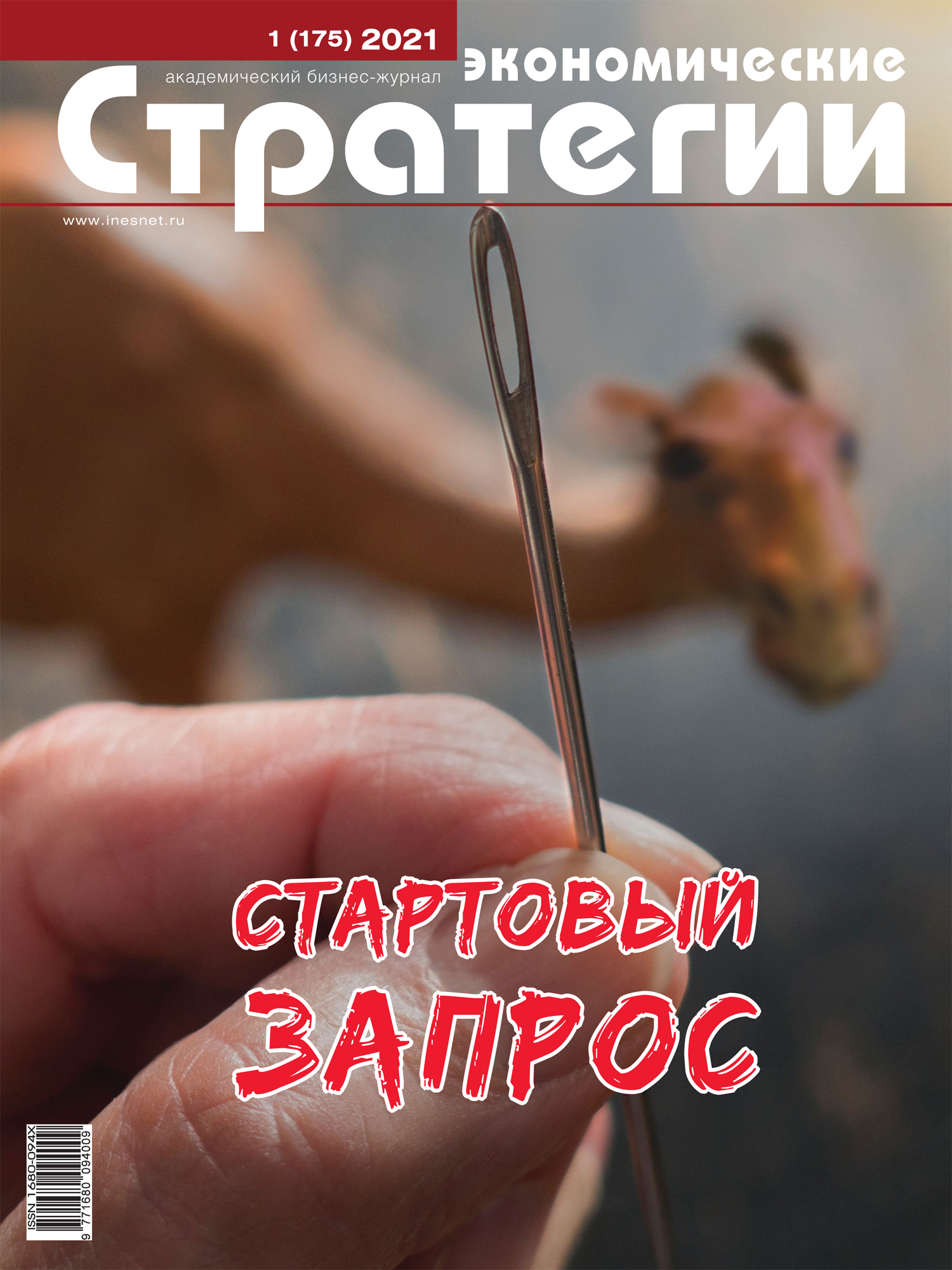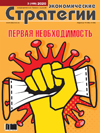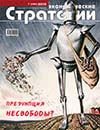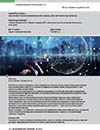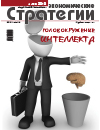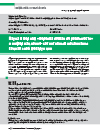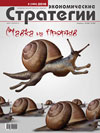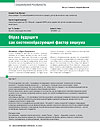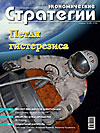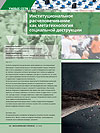Changing Business Models in the Context of Digital Transformation of the Global Economy
DOI: 10.33917/es-1.175.2021.64-69
Technological advances have resulted in rapid decrease of the data processing unit cost, which has stimulated a significant increase in the use of digital information that can be manipulated at a high speed and with low marginal costs. This change facilitated the use and integration of digital products and transactions, which led to continuous structural transformation of the economy. Digital technologies are increasingly blurring the boundaries between human life and information technologies, which requires a systemic approach to innovative business models, but so far general concept and unified methodology for systemic development of digital business models are missing. The present article summarizes the main approaches to analyzing changes in business models under the influence of digital transformation. The latter has led both to modification of global value chains and to the development of a new type of global digital platforms operating based on a new system of competitive advantages


